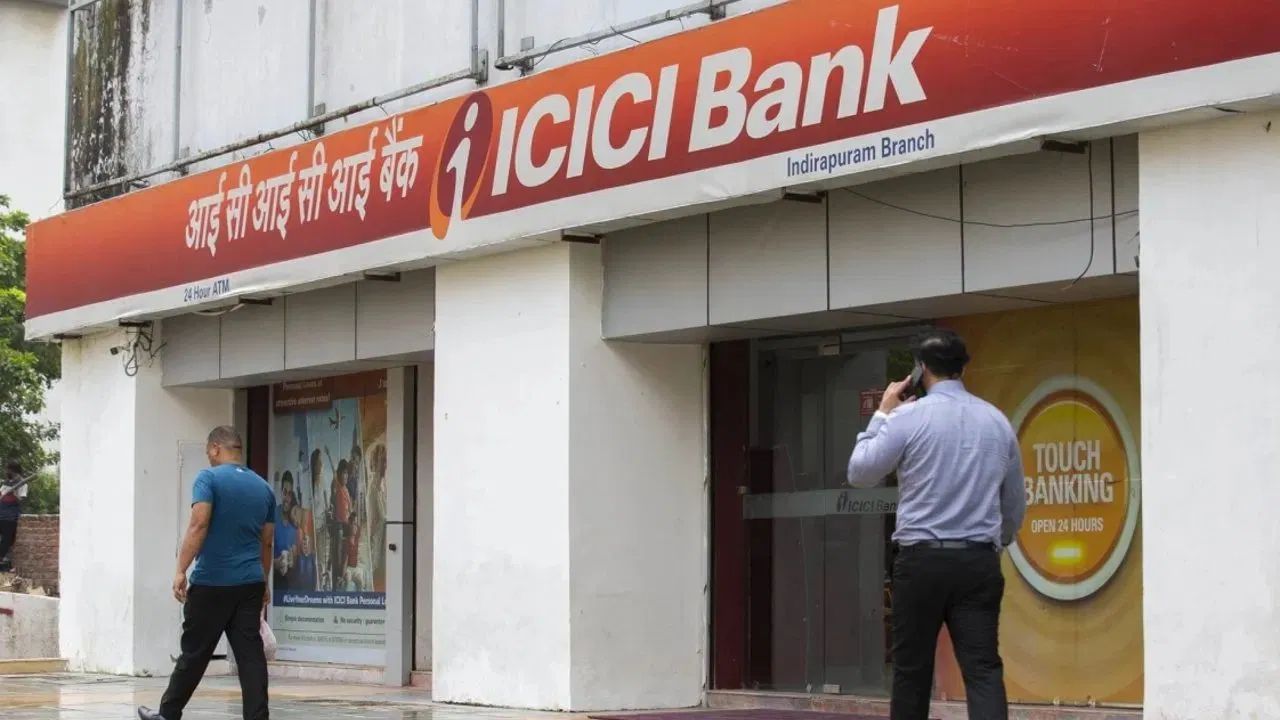ICICI, one of the largest private banks in the country, has removed its reach from the common man. The bank has recently increased the limit of minimum savings account balance in metro, urban and rural areas to Rs 50,000. Which was earlier 10 thousand rupees. This new rule will be applicable for new accounts opened from 1 August 2025.
This is the highest minimum balance requirement in domestic banks. The country’s largest bank, State Bank of India (SBI) had abolished the minimum balance rule in 2020 itself. Most banks demand a minimum balance to manage their day-to-day operations and investment. If the balance of the customer goes below this limit, the penalty fees are charged. But in other banks, this limit is usually between Rs 2,000 to Rs 10,000.
Area wise increased fees
ICICI has increased the minimum balance from Rs 5,000 to Rs 25,000 in the Semi-Araban branch and Rs 2,500 to Rs 10,000 in the Rural Branchs. If we talk about HDFC Bank, which has become the largest private bank in the country after merger, now there is a fee of Rs 5,000 in Metro and Urban Branchs in Rs 10,000 cm-cm and Rs 2,500 in rural.
A senior banker said that ICICI is now targeting rich customers so that they have more share in the market. By keeping high minimum balance, the bank gets such customers, which can earn more fees by selling products like insurance, brokerage. It is not possible with low balance customers. The ICICI spokesperson did not comment on the reason for this decision.
Why the bank took this decision
Money managers believe that as the GDP of the country is growing, the distribution of wealth is becoming uneven. Because of this, banks are focusing in wealth management due to this, banks are getting competition from mutual funds, portfolio management services and private equity funds.
According to RBI guidelines, no minimum balance is required in accounts opened under Basic Savings Bank Deposit Accounts (BSBDAS) and Pradhan Mantri Jan Dhan Yojana (PMJDY). But, for the rest of the accounts, banks can impose service charges according to their policy, provided they are relevant.
